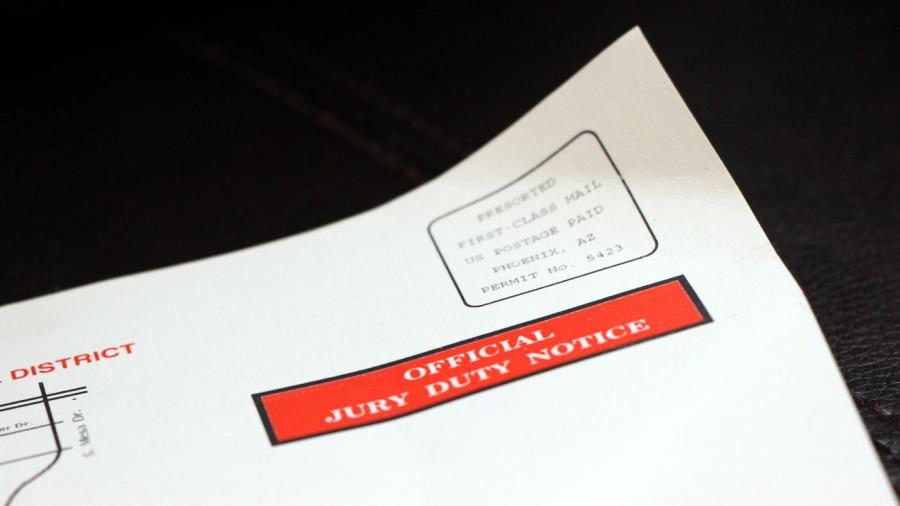How Do You Legally Get Out of Jury Duty?

In order to legally get out of jury duty, evidence must be provided that the duty may cause hardship to the potential juror, or that it is extremely difficult to attend, according to Illinois Legal Aid. Being removed from jury duty is difficult, and in most cases, a postponement is granted.
Legally, an individual can be removed from jury duty if the jury duty causes an extreme hardship. For example, if an employer does not pay an employee for duty time and if it could cause an employee to lose their job, he or she may be granted leave from jury duty.
People who care for a mentally or physically impaired person who can’t care for themselves may be exempt from jury duty, according to Law Offices Cytryn & Velazquez, P.A. Parents with young children who normally stay at home with children are often excused. Legally an individual must be excused if they are related to the case in some way, or if they have been convicted of a felony. People who have prior plans to be away, such as a prepaid vacation that can’t be changed, are often granted the right to postponement. Students are normally able to get out of jury duty because it might hurt their studies or prevent graduating on time.
Falsifying information in order to be removed from jury duty is a crime, so a potential juror must be able to prove their circumstances.





